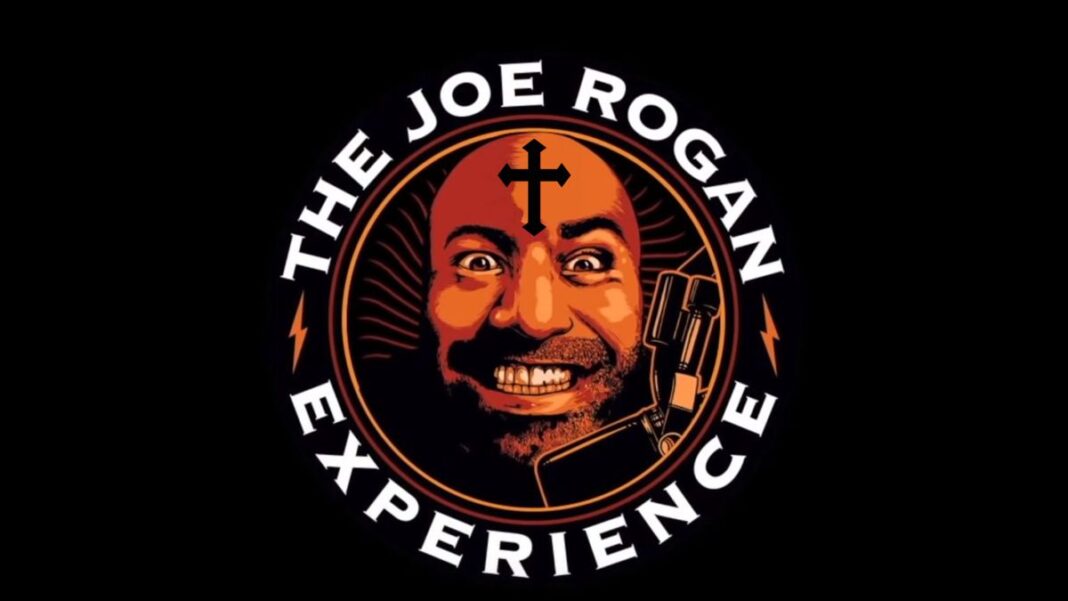The embattled music mogul was convicted back in July on two charges related to interstate prostitution.
Sean “Diddy” Combs has been sentenced to 50 months behind bars and a $500,000 fine for his conviction of transporting individuals for prostitution or other illegal sex acts.
Combs, 55, returned to federal court today in New York City, where his legal team sparred with federal prosecutors over how much prison time he should receive.
U.S. District Judge Arun Subramanian handed down the sentence, considering all factors, both good and bad, such as his self-made music success and work history, along with erratic and violent behavior.
“A history of good works can not erase the power and control you had over the women you professed to love dearly,” said Subramanian.
“You abused them physically, emotionally, and psychologically, and you used that to get your way.”
Proceedings went longer than expected, with numerous individuals addressing the court, including Combs himself, his attorneys, a minister, the head of a reentry program, and six of his seven children.
In his courtroom plea, Combs directly apologized to singer and former longtime partner Casandra “Cassie” Ventura and all victims of domestic violence, referring to his behavior as “disgusting, shameful, and sick.”
“One of the hardest things I’ve had to handle is to be quiet, not able to express how sorry I am for my actions,” said Combs.
“I don’t have nobody to blame but myself.
“I’m not this larger-than-life person. I’m just a human being. … I got lost in excess. I got lost in my ego.”
In opening statements, prosecutors reaffirmed why a significant prison sentence for Combs was warranted, noting his “horrible” decisions were made based on “sexual gratification” and not money.
“Today is about accountability and justice,” said prosecutor Christy Slavik. “Accountability for the defendant, who committed serious federal crimes repeatedly over the course of 15 years, and justice for the public, including for the victims, whose lives have been shattered.”
In a continuous effort by the defense, an 11-minute documentary-style video was played showcasing Combs as a businessman, philanthropist, and parent, playing with his children.
Further, his legal team highlighted previous trauma in Combs’s life as a catalyst for his actions, claiming that self-punishment in a public fashion should suffice and that he should be granted freedom to return to his family.
Combs penned a letter to the judge on Thursday, apologizing for his actions and claiming to be a new sober man who “made many mistakes” in life and is “no longer running from them.”
“Over the past year there have been so many times that I wanted to give up,” he wrote.
“There have been some days I thought I would be better off dead.
“The old me died in jail and a new version of me was reborn. Prison will change you or kill you—I choose to live.”
In response, prosecutors pointed to a lack of accountability for his violence and crimes, arguing that Combs portrayed himself as the victim in his letter.
“Even in his submission last night, his remorse was qualified,” said Slavik. “This is not a person who has accepted responsibility.”
By Elma Aksalic







